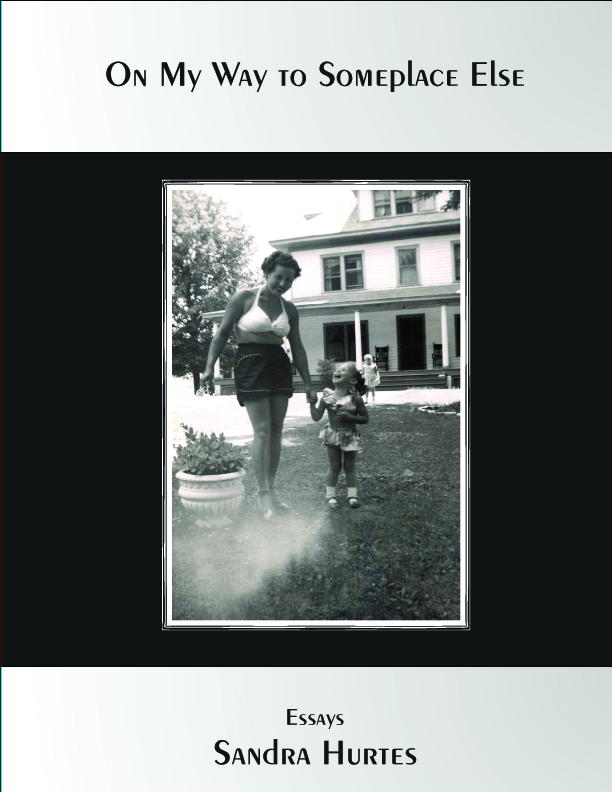On My Way To Someplace Else
Sandra Hurtes
By
Jesse Kornbluth
Published: Jun 29, 2011
Category:
Memoir
“Charm kills,” Evelyn Waugh said. And he ought to know. His characters swan and dazzle, they’re everywhere you want to be, but when the party ends, they are alone with themselves. And at three in the morning, who finds herself charming?
Charm has become a high ideal for female writers these days — that is, for women who write the short sketch and the quirky op-ed and then, every few years, slap the pieces between covers and call it a book. Nora Ephron is the queen of this genre. She writes about the most meaningless topics, but she’s so clever, so in-your-ear confidential, that the pages almost turn themselves.
Wrinkles-on-the-neck may be the great crisis of Western Civilization — at least in the part of Western Civilization that starts in Hollywood and ends in Malibu — but in term of mental nutrition, it’s pure carbs. I’m not knocking it. But an all-carb diet softens the brain.
This is a shout-out for protein, served up by a writer you don’t know in a book from a publisher you never heard of. “On My Way to Someplace Else” is short — just 113 pages — but it will pack a wallop for any woman who didn’t get married young, didn’t have kids, and has no certainty that the guy she’s dating will turn out to be a boyfriend. [To buy the book from Amazon, click here.]
Sandra Hurtes is that woman. She writes and teaches in New York, and though she’s a grown-up, adulthood seems to elude her. She has the usual reasons — she wasn’t sure she was a writer until she surrendered to it, pounded out a piece and sold it. And then there is her special reason. She is, as she says so succinctly, the “daughter of an Auschwitz survivor.” For good measure, her father was also a survivor of the camps.
If you are a New Yorker of a certain age, that description is a dagger to the heart. Because the clichés are true. There is an over-sharing mother who tells her kid everything — like anyone of any age could hear those stories and know what to do about them. Sandra has the right reaction: “I was a good daughter and almost never made waves. I didn’t want to cause them more pain than they’d already endured.”
Her parents wanted a life for Sandra “that held no sadness.” Good luck with that. In her ‘20s, Hurtes tells us, she got married — and divorced. “I realized that my bond with my parents was so tight, it had allowed no room for anyone else, not even my husband. My marriage hadn’t stood a chance. I began then the very difficult process of separation.”
This means Christian men. Refusing her father’s gifts. Plotting a cross-country move.
It also means what I don’t want to call Jewish humor. But what can you say about a piece that begins like this: “After five tumultuous years in which I tried to turn the boy I fell in love with into the man my parents wanted him to be, my husband escaped into night with a toothbrush and a warning: ‘I’ll be back for the stereo.’”
Yes, these pieces are written in blood, but they’re wry and very aware of their obligation to entertain. Together, they address a subject not unknown to many others — her ideal reader is “anyone who has searched for an identity and found it in more than one place.”
There’s a lovely picture on the cover: a laughing little Sandra and her momentarily content mother. And then there’s a quotation from Liv Ullman: “I often wished to rediscover within me the girl who was innocent and full of knowledge before they taught me what life was all about.” Just the right set-up for a very good book.


